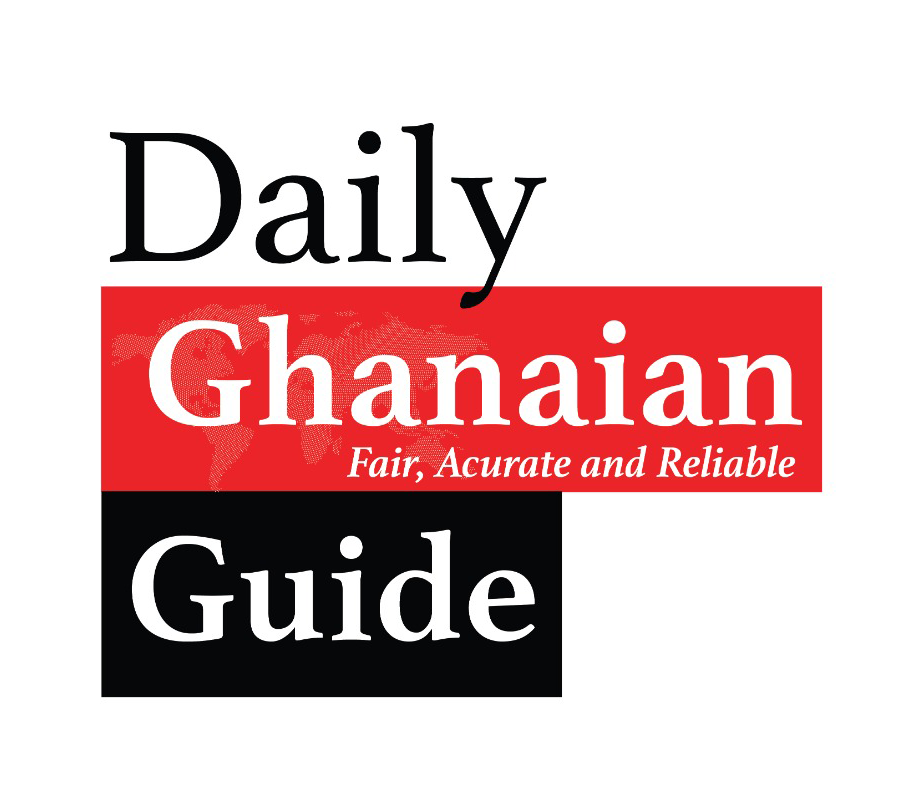Mr. Enock Jengre, Rule of Law Specialist, Legal Resources Centre, has said the Ghana Case Tracking System (CTS) would address challenges of delays in criminal justice.
He noted that everyone who went to the court wanted their cases expedited, especially the cost and human interference involved in the use of the manual process.
Mr. Jengre, speaking during a USAID Justice Sector Support Activity sensitisation workshop on the Ghana Case Tracking System in Hohoe, said the use of the CTS would give a real-time statistical data on a number of cases expedited or came before an institution.
He said the use of CTS would take away issues of corruption, adding that “if a criminal case is reported to the Police, it is expected that the police will key in that particular case and follow it to the latter.”
Mr. Jengre said it was wrong in cases where criminal cases were taken from the Police to settle and added that through the CTS, cases taken out of the System to be resolved would be easily tracked.
He said a sub-awardee, Inter-regional Bridge Group (IBG), was currently giving a training and a refresher training to police officers since they were initiators of the CTS, adding that when the officers received training on the System, their transfers to other places would not affect the operation of the CTS.
Mr. Jengre noted that the media was effective when it came to making the CTS known as well as propagating the information to the public, adding that capacity of some media personnel had been built.
Other sub-awardees include Commonwealth Human Rights Initiative and Crime Check Foundation.
The government of Ghana in 2018 launched the first-ever electronic criminal justice case tracking system, which tracks criminal cases from one justice sector institution to another.
The CTS is currently being used in seven regions of Ghana and six Municipal and Districts in the Volta region namely Ho, Hohoe, Adaklu, South Dayi, Ketu North, and Ketu South.
The sector institutions are the Judicial Service (Courts), Ghana Prisons Service, Police (CID) Legal Prosecution Unit, Economic and Organised Crime Office (EOCO), Office of the Attorney General and Ministry of Justice (DPP), and the Legal Aid Commissions.
Source:GNA






